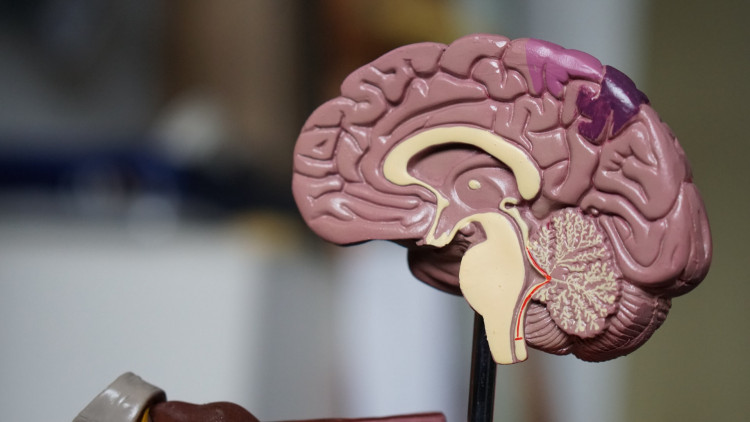The first drug to slow the degeneration of the brain in Alzheimer's disease has been hailed as historic. The discovery puts an end to decades of failure and opens the door to a new age of medications to treat Alzheimer's disease, the most common form of dementia.
The clinical study results found that the drug lecanemab eliminated clumps of a protein called amyloid from patients' brains, which is known to be a primary cause of the most prevalent form of dementia.
The statistics, which were released at a conference in San Francisco, inspired scientists, many of whom had spent decades trying to comprehend what causes the disease and discover a cure, to express an outpouring of optimism.
Prof. John Hardy, one of the pioneering researchers who proposed the notion of focusing on amyloid 30 years ago, called it "historic" and expressed hope that "we're seeing the beginning of Alzheimer's therapies."
Prof. Tara Spires-Jones, from the University of Edinburgh, said the results were "a big deal because we've had a 100% failure rate for a long time
The findings, according to University College London's Rob Howard, professor of old age psychiatry, were "wonderful and hope-filled."
"It feels momentous and historic," he said. "This will encourage real optimism that dementia can be beaten and one day even cured."
The drug's manufacturers disclosed top-line results in a news release earlier this fall, but many clinicians waited until the full results were released at the Clinical Trials on Alzheimer's Disease meeting to celebrate.
They discovered that lecanemab delayed the deterioration in memory and mental agility in people with moderate Alzheimer's disease by 27%.
However, lecanemab has a minor effect and its impact on people's daily life is debatable. And while the medicine works in the early stages of the condition, most people would miss out unless there was a breakthrough in detecting it.
The findings strongly imply that the drug only begins to have a therapeutic effect once amyloid levels in the brain are decreased to low levels.
The results after 12 months of treatment revealed that it was useless, but the effect was strong after 18 months.
Doctors believe that continuous treatment will yield even greater results.
The data is already being evaluated by U.S. regulators, who will shortly decide whether lecanemab should be licensed for widespread usage. The makers, Eisai and Biogen, intend to begin the clearance procedure in other countries early next year.
Lecanemab is not a cure. Slowing the progression of Alzheimer's disease, however, would be game-changing, delaying the need for specialized care and allowing people to spend more time with their families.





